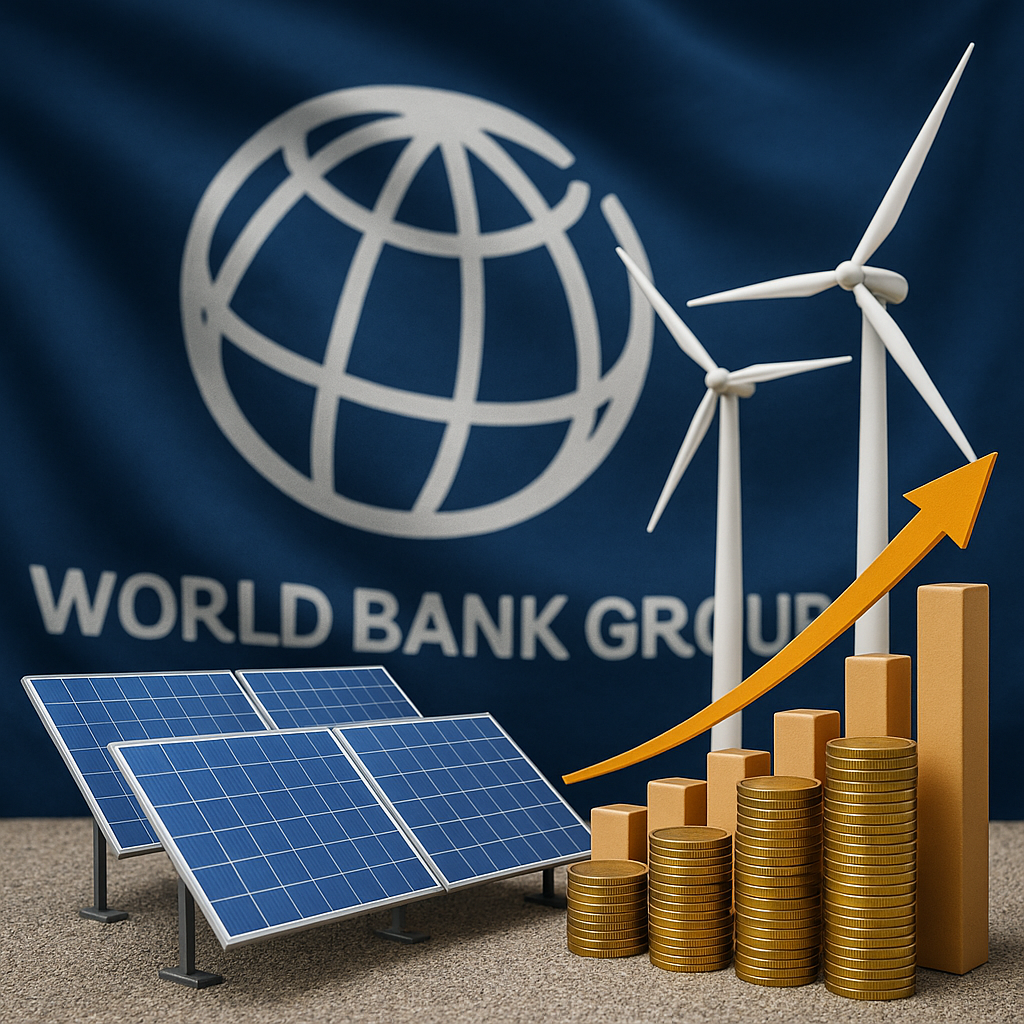World Bank Approves $100M Loan to Support Eswatini’s Economic and Energy Reforms
This financing marks the first of a two-part programmatic series designed to support critical national reforms aligned with the country's overarching development ambitions.

- Country:
- Eswatini
In a landmark move to bolster economic growth, strengthen public sector governance, and address pressing energy challenges, the World Bank Board of Executive Directors has approved a $100 million Development Policy Loan (DPL) to the Kingdom of Eswatini. This financing marks the first of a two-part programmatic series designed to support critical national reforms aligned with the country's overarching development ambitions.
The operation will assist Eswatini in implementing a sweeping reform agenda that is deeply rooted in its National Development Plan (2023–2028) and Programme of Action 2024, both of which aim to stimulate inclusive growth, create employment opportunities, and reinforce climate and energy resilience.
Addressing Deep Structural Constraints
Despite its middle-income status, Eswatini faces significant structural challenges that hinder its aspirations for broad-based economic development, efficient resource utilization, and poverty alleviation. High levels of unemployment, particularly among the youth, uneven access to energy, and weak fiscal management have hampered its growth trajectory.
The new World Bank DPL is intended to unlock private investment, strengthen institutional frameworks, and enable the country to weather fiscal volatility, especially amid unpredictable revenue flows from the Southern African Customs Union (SACU).
According to Satu Kahkonen, World Bank Division Director for Eswatini, “The operation is aligned with key national priorities such as youth employment, digital transformation, and the transition to sustainable energy, all of which are essential drivers of inclusive growth.”
Building on Past Momentum
This initiative builds upon the successful foundation laid by the previous Development Policy Financing (DPF) series implemented in 2021–2022, which focused on fiscal reforms and social protection. The current operation also benefits from extensive analytical work and technical assistance provided by the World Bank, ensuring continuity and strategic alignment with national goals.
Importantly, this phase comes at a politically and socially opportune moment. The Government of Eswatini is executing a reform agenda inspired by the Sibaya People’s Parliament, a grassroots-driven platform that consolidates citizen feedback into policy priorities.
Honourable Neal Rijkenberg, Minister of Finance, emphasized the significance of this partnership: “This operation comes at a critical time, as the Government of Eswatini implements a policy agenda inspired by the Sibaya People's Parliament, focused on economic growth, job creation, and improved service delivery. We welcome the World Bank’s support as we work to uplift the livelihoods of EmaSwati and deliver on our development objectives.”
Three Pillars of Reform
The DPL operation will support reforms across three strategic pillars, each vital to fostering resilience and sustainable growth:
1. Strengthening Fiscal and Public Financial Management
-
Increasing debt transparency and effective debt management.
-
Reducing public expenditure arrears.
-
Enhancing fiscal resilience against volatile SACU revenues.
2. Enhancing Private Sector Competitiveness
-
Streamlining business registration and licensing processes.
-
Lowering market entry barriers to stimulate entrepreneurship.
-
Promoting digital payments and financial inclusion.
-
Expanding export opportunities for domestic firms.
3. Improving Energy Security and Climate Resilience
-
Accelerating investment in domestic renewable energy sources.
-
Encouraging private sector participation in the electricity market.
-
Strengthening infrastructure and supporting climate adaptation for vulnerable populations.
Outlook and Strategic Importance
The approval of this loan is not just a financial boost but a vote of confidence in Eswatini’s reform commitment and its potential for transformative change. The operation is expected to have far-reaching effects on job creation, poverty alleviation, and climate mitigation, supporting a shift toward a more inclusive and sustainable economy.
This partnership also aligns with the World Bank’s broader strategic objective of building resilience and reducing inequality in Sub-Saharan Africa, reinforcing the critical role of policy-based financing in supporting developing economies.










